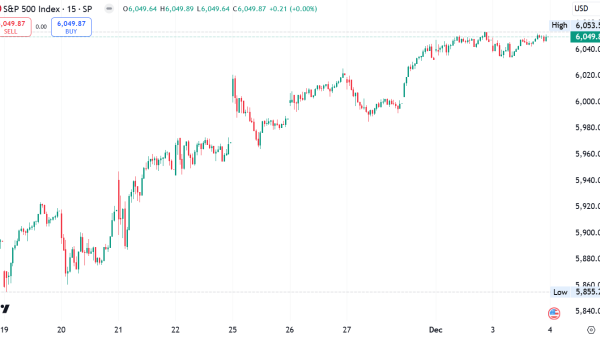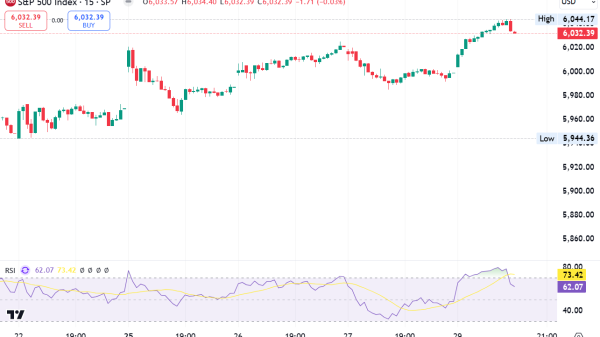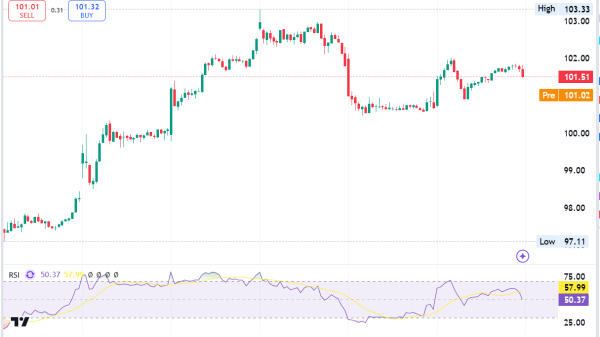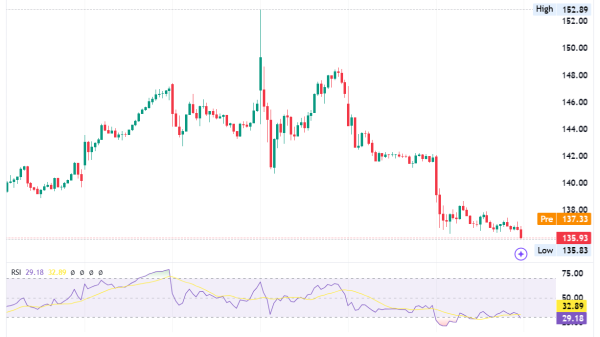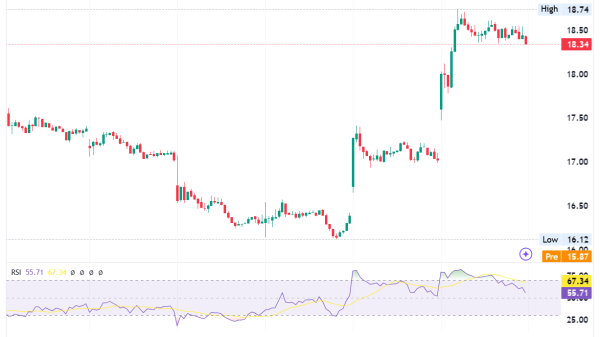Crypto wallets are vulnerable to hacking.
In 2022, cybercriminals stole 3.8 billion worth of crypto. For this year, it’s still not clear how much crypto has been stolen altogether, but it’s estimated that 1.89 billion has been taken from heists alone.
What are some of the common cybersecurity threats and vulnerabilities that get your crypto straight into the hacker’s wallets?
And what security measures can you take to protect your crypto assets?
#1 Phishing Schemes
Scammers are phishing for crypto wallet information via emails, phishing sites, or messages. They impersonate someone a victim trusts to get the keys to their wallet or login information.
To steal crypto assets, those are usually wallet providers or cryptocurrency exchanges.
Scammers will not always urge you to send them your personal information or passwords. Bad actors who are more technically skilled might use phishing as the first step to get access to your wallet. And follow it up with more sophisticated hacking.
In the series of cyber attacks that security researchers uncovered in May 2023, hackers urged their victims to approve malicious transactions. Once the victim does, the criminals exploit this access to steal the funds from the wallet.
Victims would make the transfer after landing on a phishing site that resembles a trusted crypto service.
In cybersecurity, this type of phishing is called ice phishing. It’s a reminder that not all phishing attempts will be obvious scams — which makes phishing challenging to eradicate altogether.
How can you protect your crypto from phishing?
Tips to protect yourself from crypto phishing schemes:
Bookmark legitimate wallet sites and visit them directly — instead of clicking the link in an email
Triple-check whether the URL of a website is legitimate before you enter your login data
Turn on two-factor authentication for an additional layer of security
Beware of any requests that demand your personal information or transfers
Stay away from “promising lucrative opportunities” and actions that you need to take “right now”
#2 Malware Infections
Malicious software (or malware) can get into your device after you install an infected app, use an untrusted browser extension, or install it after visiting the phishing site or downloading the infected attachment in a scam email.
More than one billion malware strains have been uncovered by cybersecurity experts so far. Also, cybercriminals keep creating new malware types or exploiting undiscovered flaws that devices have.
Therefore, the capabilities of malware are varied. They can monitor your activity, record your every keystroke, or take complete control of your device.
Malware strains that put your crypto assets at risk are spyware, keylogger, and crypto-jacking malware. You can get them on any of your digital devices — including your phone and PC.
For example, in August, crypto-stealing malware known as CherryBlos infected the app. If an Android user installed it, the hacker could access their media files and steal images stored on their phones.
Many users store an image of their crypto key. The malware was designed to seek screenshots of recovery phrases and photos that contain crypto key details.
To protect your crypto wallet from malware attacks:
Install trusted antimalware and antivirus on your devices
Be careful when installing new software on your phone
Avoid clicking any links sent to you by unknown senders
Regularly update the software you have to the safest version
#3 Brute Force Attacks
A brute force attack is a trial-and-error hacking method. To gain access to the crypto wallet, the hacker tests as many password combinations as they can until they guess the correct key.
Bad actors use automated tools to guess the passwords that could get them access to the wallet. They generate a large number of possible password combinations and try them until they guess the right combination.
This type of attack is the most dangerous for crypto wallet owners with weak passwords and private keys. The weaker the password, the less time the hacker needs to crack it. For instance, any short, less complex, or common passwords are easy to guess.
To secure your crypto wallet from brute force attacks:
Use strong passwords that are a mix of different characters, numbers, and lowercase as well as uppercase letters
Allow multi-factor authentications
Enable delays and automatic lockouts following several failed login attempts
#4 Man in the Middle Attacks
For a successful man-in-the-middle (or MITM) attack, a hacker has to intercept the communication between two parties. Those two parties could be the user and wallet service provider.
To position itself in the middle, the bad actor relies on malicious software or finds some kind of vulnerability within the network of a wallet service provider.
Affected users aren’t aware that a criminal is eavesdropping, altering transactions, or collecting sensitive information and passwords.
Hackers usually seek unsecured WiFi networks to intercept communication between the wallet provider and the user.
Or rely on phishing tactics to get between the user and their wallet. That is, they might either trick the victim into installing malware on the device or access an insecure website.
To avoid crypto wallet hacking caused by MITM:
Avoid insecure and public WiFi
Update all of your devices to ensure they’re patched up from the latest vulnerabilities
Rely on secure, encrypted connections (HTTPS) when accessing your crypto wallet
Evolving Nature of Cybersecurity Threats
Malware attacks, phishing schemes, brute force attacks, and man-in-the-middle attacks remain the most concerning cybersecurity threats for crypto assets.
That is, those are the threats that keep evolving and bypassing trusted security solutions. Most of them account for a large number of cyber threats. Even security professionals have a hard time keeping up with the volume.
The most users can do to protect their wallets is to follow the standard cybersecurity hygiene. Keep passwords safe, watch out for phishing signs, and regularly update your software to the safest version.
Disclaimer: The Industry Talk section features insights by crypto industry players and is not a part of the editorial content of Cryptonews.com.
The post 4 Common Cybersecurity Risks To Your Crypto Wallet appeared first on Cryptonews.




















